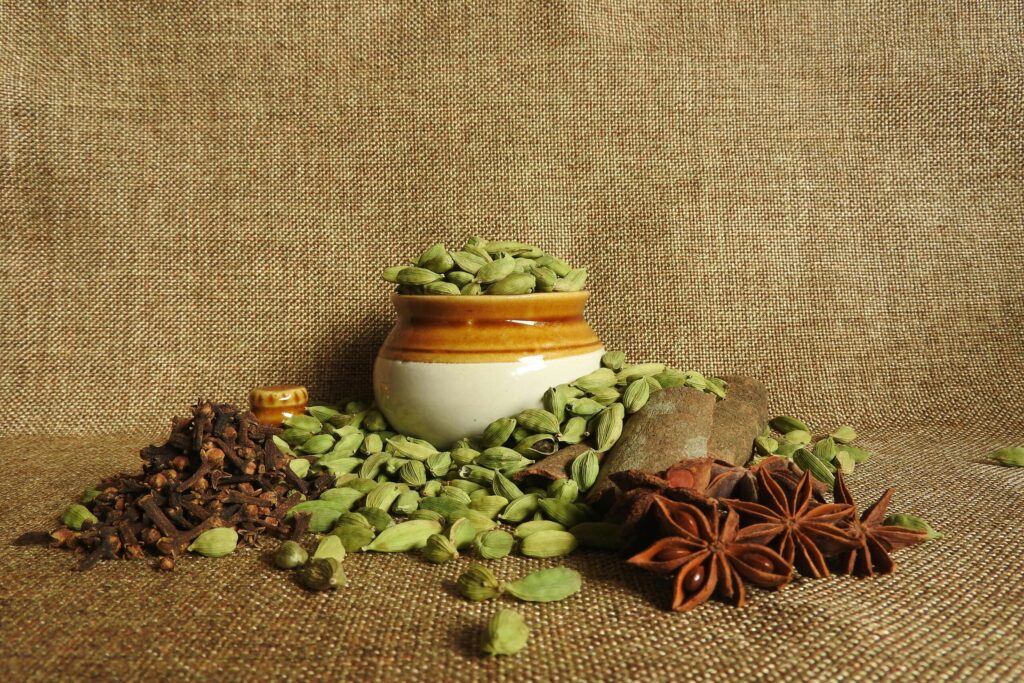For centuries, Kerala has been the heart of the spice trade, attracting travelers and traders from across the globe. Within Kerala, Idukki’s high ranges stand out for their unique climate and fertile soil, making them ideal for cultivating a wide variety of spices. The cool weather, mist-covered hills, and organic farming practices give Idukki spices their distinctive aroma and taste.
Why Idukki Spices Stand Out
High-altitude cultivation – Enhances natural flavor and aroma.
Fertile soil and cool climate – Ideal for spice farming.
Traditional farming methods – Many farmers still follow organic and natural methods.
Global reputation – Idukki spices are exported worldwide for their premium quality.

